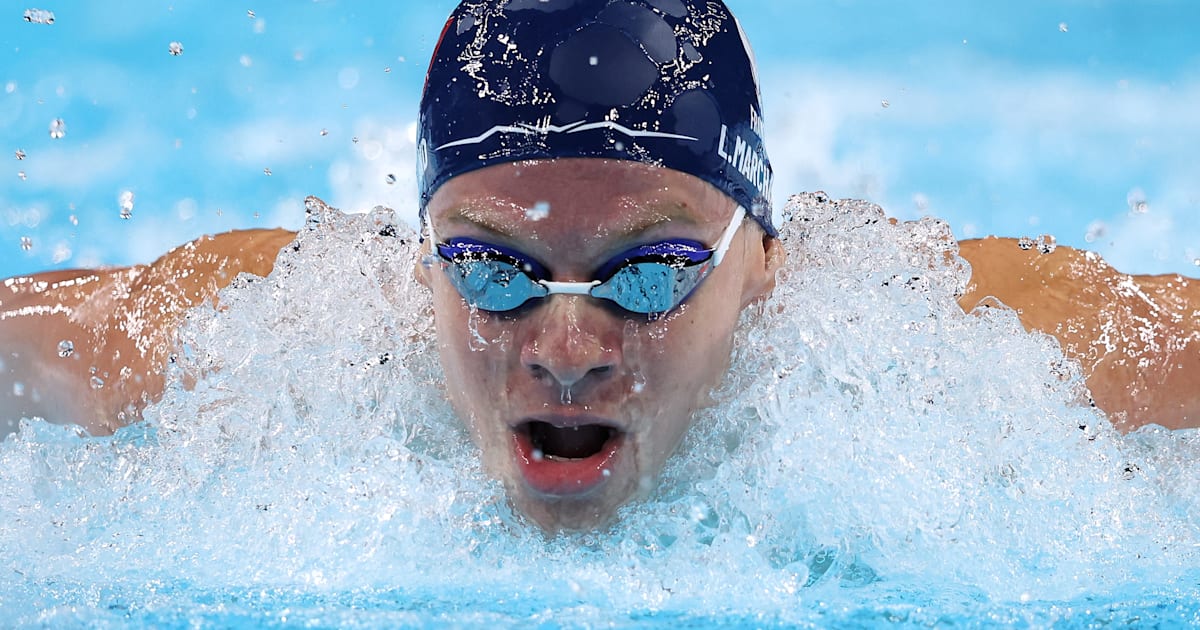Nintendo and The Pokémon Company have taken legal action against the developers of Palworld, a game that draws inspiration from the Pokémon franchise. The issue at hand involves alleged patent infringement, highlighting the complexities of copyright and fair use in the gaming industry.
Nintendo, the renowned video game giant, and its subsidiary The Pokémon Company have filed a lawsuit against Pocketpair, the developer behind the popular survival adventure game Palworld. The legal action stems from alleged patent infringement, with Nintendo claiming that Palworld unlawfully incorporates elements and concepts from the Pokémon franchise.
Nintendo Legal Battle Over 'Palworld' Raises Concerns About Fair Use and Intellectual Property
Palworld, which has garnered a significant following since its release, features creatures known as "Pal" that share similarities with Pokémon. Players can capture, train, and battle these Pals, a gameplay mechanic akin to the core elements of the Pokémon series. This has raised concerns regarding copyright infringement and unauthorized use of Nintendo's intellectual property.
In the lawsuit, Nintendo alleges that Palworld infringes on its registered trademark and patents related to gameplay mechanics, character designs, and the overall concept of capturing and battling creatures. The company claims that these elements are unique to the Pokémon franchise and have been misappropriated by Pocketpair.
Pocketpair, on the other hand, has defended its game, arguing that it is a distinct and original work that incorporates elements of several genres, including action-adventure, survival, and role-playing. The company maintains that its use of creature capturing and battling mechanics falls within the realm of fair use.
The fair use doctrine, as defined by copyright law, allows for the limited reproduction and distribution of copyrighted material without permission from the copyright holder. However, it requires that the use be transformative, meaning it adds a new meaning or purpose to the original work.
In this case, Pocketpair contends that Palworld has transformed the Pokémon formula by incorporating survival elements, resource management, and manufacturing aspects. The company argues that these additions have created a unique and distinctive gaming experience that does not infringe on Nintendo's copyright.
Nintendo, however, maintains that the core elements of Palworld are too similar to those of the Pokémon franchise to be considered transformative. The company claims that the use of creature capturing, training, and battling constitutes a direct infringement of its intellectual property rights.
The legal battle between Nintendo and Pocketpair is likely to have significant implications for the gaming industry. It highlights the complexities of copyright and fair use in an era where games often borrow and adapt gameplay elements from other sources.
While inspiration and references are common in the gaming industry, the boundaries of fair use can be difficult to define. This case will test the legal limits of what is considered an infringement and what falls within the realm of acceptable adaptation.
The outcome of this lawsuit will be closely watched by both the gaming community and the legal profession, as it could set precedents for future cases involving intellectual property and fair use in the video game industry.








